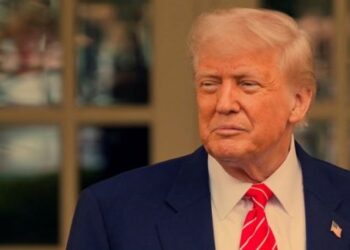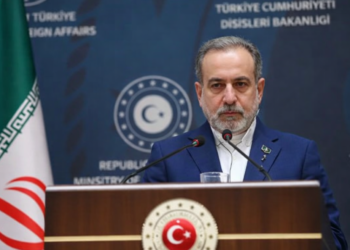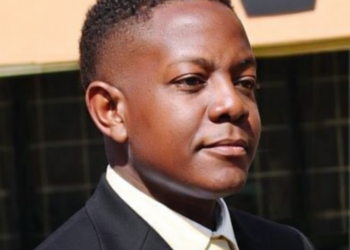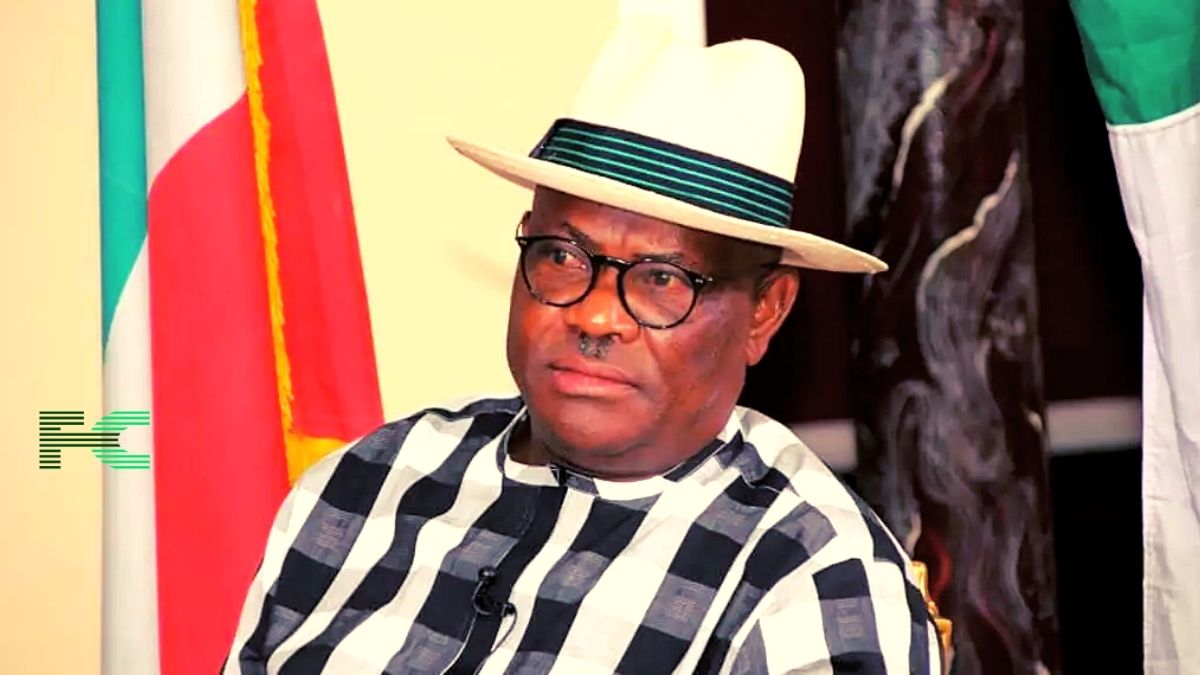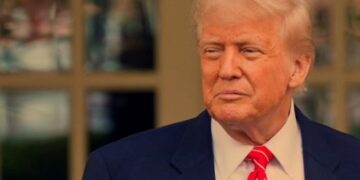South Africa’s political stability was thrown into question after Minister in the Presidency Khumbudzo Ntshavheni revealed in Parliament that intelligence agencies had uncovered concrete evidence of a planned military coup d’état against President Cyril Ramaphosa’s government.
The disclosure came during Ntshavheni’s budget vote address, where she confirmed the national security cluster had activated emergency protocols to neutralize what she described as “a clear and present danger” to the country’s constitutional democracy.
Inside the Coup Plot: What We Know So Far
While Ntshavheni withheld operational details to avoid compromising ongoing investigations, security insiders suggest the plot involved disgruntled former military officers and political figures seeking to exploit South Africa’s economic crisis and energy shortages.
The minister emphasized that all constitutional safeguards remained intact, with the South African National Defence Force (SANDF), State Security Agency (SSA), and South African Police Service (SAPS) implementing coordinated countermeasures.
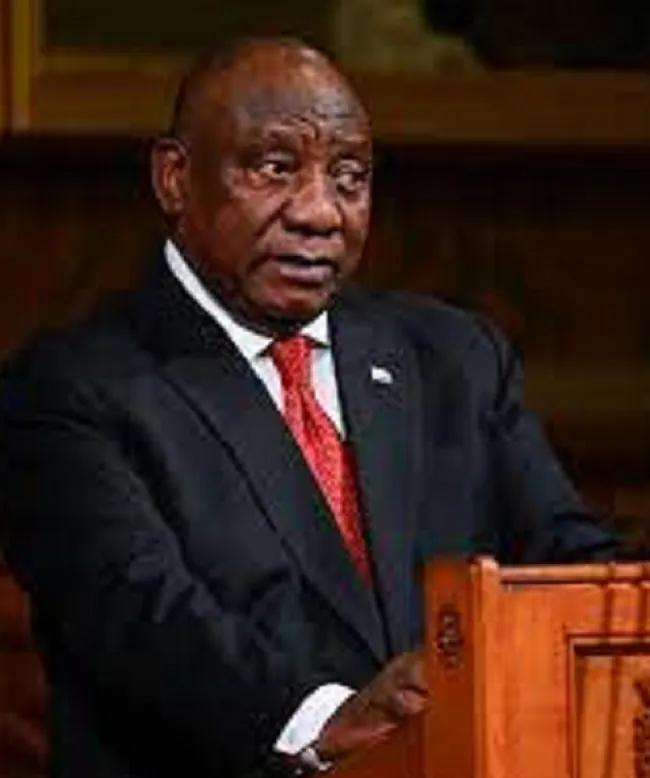
This development follows months of heightened political tensions stemming from the ANC’s internal divisions and recent violent protests over unemployment and service delivery failures.
The government’s decision to publicly disclose the coup threat while assuring citizens of their safety reflects a delicate balancing act. Ntshavheni stressed that security forces had identified all key conspirators and were monitoring their movements, urging the public to remain vigilant but avoid panic. Observers have noted that the announcement’s timing coincides with Ramaphosa’s controversial cabinet reshuffle and mounting pressure over his handling of South Africa’s worst electricity crisis, which has seen record power cuts exceeding 10 hours daily in major cities.
Why It Matters
As Africa’s most industrialized economy and a G20 member, South Africa’s political instability sends shockwaves across the Southern African Development Community (SADC) region. Neighboring nations including Mozambique and Zimbabwe have reportedly increased border surveillance, while Botswana’s President Mokgweetsi Masisi offered intelligence sharing support.
The coup scare also comes weeks before South Africa hosts the BRICS summit, raising questions about security preparations for the high-profile international gathering expected to attract leaders from China, Russia, and India.
Already, the government has initiated emergency reviews of military personnel deployments and enhanced protection for critical infrastructure including power stations, communication hubs, and financial institutions. Constitutional law juggernauts have said that while South Africa has weathered political crises before, this represents the most serious threat to its democratic order since the end of apartheid.


